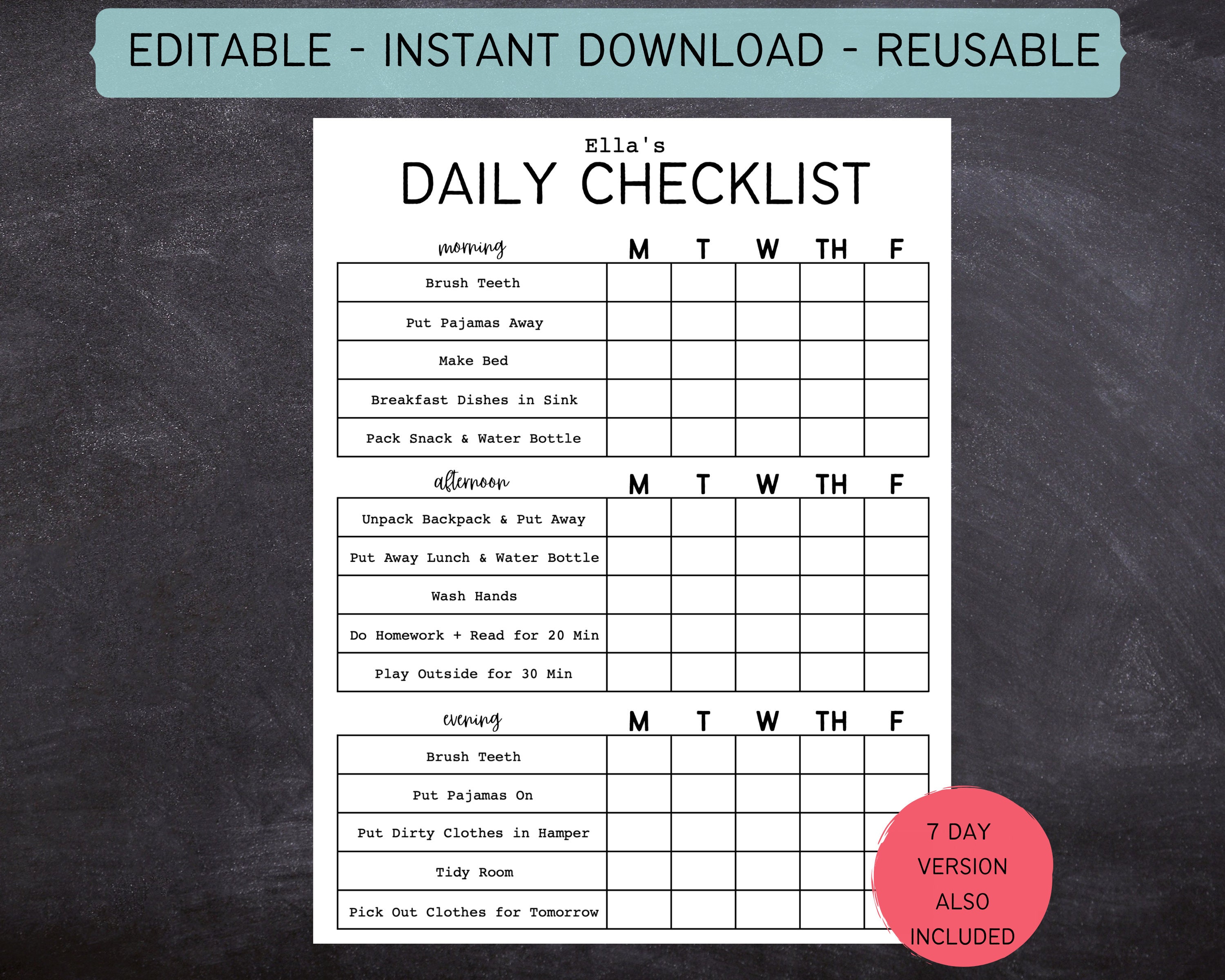Living with Bipolar disorder can feel like an emotional rollercoaster. The shifting highs and lows, from manic energy and impulsivity to deep depression and fatigue, can affect relationships, work, and daily life. But despite how overwhelming it can feel at times, many people with bipolar disorder lead meaningful, stable, and fulfilling lives with the right coping strategies and support systems.
While there’s no cure for bipolar disorder, effective management is absolutely possible. Whether you’ve recently been diagnosed or have been living with the condition for years, having a strong toolbox of strategies can make all the difference.
Below, we’ll break down practical, evidence-based coping techniques that can help you manage mood swings, build resilience, and regain a sense of control.
1. Understanding Bipolar Disorder Is the First Step
Knowledge truly is power. Bipolar disorder involves extreme mood swings that include emotional highs (mania or hypomania) and lows (depression). There are different types:
- Bipolar I disorder — Defined by manic episodes that last at least seven days or are severe enough to require hospitalization, often followed by depressive episodes.
- Bipolar II disorder — Involves hypomanic episodes (less intense than full mania) and depressive episodes.
- Cyclothymic disorder — Involves frequent mood fluctuations over at least two years, but less severe than full mania or depression.
Recognizing the early signs and patterns of your mood shifts is essential. Once you learn how bipolar affects you personally, you can take proactive steps before a full episode sets in.
2. Build a Consistent Daily Routine


A stable routine can help keep mood swings more manageable. Because bipolar disorder can disrupt sleep, energy levels, and focus, structure plays a key role in maintaining stability.
Practical routine tips:
- Wake up and go to bed at the same time every day.
- Eat balanced meals at regular intervals to stabilize energy.
- Incorporating physical activity, even light exercise, helps regulate mood.
- Schedule time for rest, work, and self-care.
Sudden lifestyle changes or irregular sleep patterns can trigger manic or depressive episodes. By maintaining a predictable rhythm, you give your mind and body the stability they need.
3. Learn to Track Your Moods
One of the most powerful tools for managing bipolar disorder is self-monitoring. By tracking your moods daily, you can identify early warning signs of an episode.
You can use:
- A mood journal
- A habit-tracking app
- A chart or calendar
Key things to track:
- Sleep patterns
- Energy levels
- Emotional states
- Medication usage
- Major stressors or events
When you spot patterns early, such as a gradual decrease in sleep or an unusual surge in energy, you can work with your care team to prevent escalation.
4. Prioritize Quality Sleep


Sleep disturbances are one of the most common triggers for bipolar episodes. Lack of sleep can quickly lead to hypomania or mania, while oversleeping can worsen depression.
To improve sleep quality:
- Maintain a consistent bedtime and wake-up time.
- Avoid caffeine, alcohol, or screens late at night.
- Create a calm sleep environment with dim lighting and minimal noise.
- Consider using relaxation techniques before bed (e.g., meditation or breathing exercises).
If insomnia or oversleeping becomes persistent, it’s important to talk to your healthcare provider; sometimes medication adjustments or therapy may help.
5. Build a Strong Support System
Bipolar disorder can be isolating, but you don’t have to face it alone. Support from friends, family, or community can help provide emotional stability and encouragement.
Ways to strengthen your support system:
- Join a support group, online or in person, to connect with others who understand your experience.
- Communicate openly with trusted friends or family members about what helps you during tough times.
- Have a crisis plan with someone you trust, so they know how to help if your symptoms worsen.
- Consider working with a therapist or counselor who specializes in mood disorders.
Community plays a critical role in recovery and resilience. Knowing you have someone to talk to during difficult periods can ease the burden and provide perspective.
6. Develop Healthy Stress Management Habits



Stress can trigger or intensify mood swings, so learning to manage stress is crucial.
Helpful stress-reduction techniques include:
- Mindfulness and meditation: Helps calm racing thoughts and increases emotional awareness.
- Deep breathing or grounding exercises: Useful during early warning signs of mania or anxiety.
- Gentle physical activity: Walking, yoga, or dancing can reduce tension.
- Creative outlets: Painting, journaling, or music can help process emotions.
The key is consistency. Even small daily practices can build emotional resilience over time.
7. Stick to Your Treatment Plan
Many people with bipolar disorder benefit from a combination of therapy and medication, often prescribed by a psychiatrist.
Common treatment approaches may include:
- Mood stabilizers
- Antidepressants (used with caution)
- Antipsychotic medications
- Cognitive-behavioral therapy (CBT)
- Psychoeducation and counseling
Even when you feel stable, it’s important to continue following your treatment plan. Stopping medication or skipping therapy sessions can lead to relapse or more intense episodes.
Always consult your healthcare provider before making any changes to your treatment.
8. Recognize Early Warning Signs of Episodes
Learning to catch an episode early is one of the most powerful coping skills. Warning signs can vary from person to person, but common indicators include:
Before a manic or hypomanic episode:
- Sleeping less but not feeling tired
- Racing thoughts or feeling “wired”
- Increased activity or risk-taking behavior
- Heightened irritability
Before a depressive episode:
- Oversleeping or struggling to get out of bed
- Loss of interest in usual activities
- Feelings of hopelessness or guilt
- Low energy or concentration
When you recognize these signs early, you can reach out to your care team, adjust your routine, or use coping strategies to prevent full episodes.
9. Avoid Alcohol and Substance Use
While it may seem tempting to self-medicate with alcohol or drugs to manage emotional pain or racing thoughts, substance use can make bipolar symptoms worse.
It can:
- Interfere with medications
- Trigger manic or depressive episodes
- Increase impulsivity
- Worsen anxiety or mood swings
If you’re struggling with substance use, it’s okay to seek specialized support. Many programs address both bipolar disorder and substance use simultaneously for better outcomes.
10. Practice Self-Compassion and Acceptance
Living with bipolar disorder doesn’t define who you are; it’s one part of your journey. Self-compassion can help reduce guilt, shame, or frustration that may come with mood episodes.
Here are a few reminders:
- You are not your diagnosis.
- Good days and bad days are part of the process.
- Progress isn’t always linear, and setbacks do not equal failure.
- Celebrate small victories.
Learning to be gentle with yourself fosters emotional strength and makes coping strategies more sustainable over time.
11. Create a Crisis Plan in Advance

Because bipolar disorder can be unpredictable, having a crisis plan can save lives.
Your plan might include:
- A list of emergency contacts (friends, family, therapist)
- Crisis hotline numbers (e.g., 988 Suicide & Crisis Lifeline in the U.S.)
- Signs that indicate you need extra help
- Instructions for trusted people on how to support you during a crisis
Having this plan prepared can provide peace of mind for both you and your loved ones.
12. Therapy Can Be a Lifeline
Therapy offers a safe space to understand your emotions, learn practical skills, and process your experiences. Popular therapy approaches for bipolar disorder include:
- CBT (Cognitive Behavioral Therapy) — helps challenge negative thoughts and behaviors.
- DBT (Dialectical Behavior Therapy) — teaches emotional regulation and coping skills.
- Interpersonal and Social Rhythm Therapy (IPSRT) — focuses on stabilizing daily routines to manage mood swings.
Working with a therapist who understands bipolar disorder can empower you to regain control and build confidence in your daily life.
13. Know When to Seek Immediate Help
Even with strong coping strategies, there may be times when symptoms feel overwhelming. If you or someone you know experiences:
- Thoughts of self-harm or suicide
- Severe manic episodes
- Inability to care for oneself
- Intense paranoia or delusions
Seek help immediately. In the U.S., you can call or text 988 for the Suicide & Crisis Lifeline. If you’re outside the U.S., use your local emergency numbers or crisis services.
Final Thoughts: Living Well with Bipolar Disorder
Bipolar disorder may be part of your life, but it doesn’t have to control it. With the right treatment plan, coping strategies, and support, stability and happiness are absolutely achievable.
Whether it’s keeping a steady routine, recognizing your personal triggers, or building a strong support network, every small step counts. Remember, you are not alone, and asking for help is a sign of strength.
Call to Action: You Deserve Support
If you or someone you love is living with bipolar disorder, know that help is available. Reach out to a trusted mental health professional, therapist, or support group. Managing bipolar disorder is a journey, and you don’t have to walk it alone.






